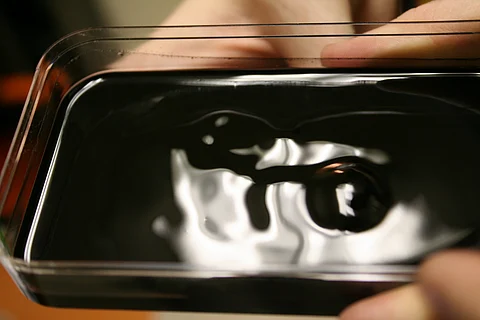

China has implemented heightened export controls on rare earth magnets, a critical component in electric vehicle (EV) motors and essential to various electronic systems in traditional vehicles as well.
According to a report by Reuters, China last week introduced a new tracking system requiring domestic producers to report the volume of magnet exports and disclose the names of their foreign clients. The move adds to a series of escalating trade measures that Beijing has enacted in response to U.S. tariffs.
Since April 4, following the announcement of reciprocal tariffs by the United States under President Donald Trump’s “Liberation Day” initiative on April 2, China has imposed stringent oversight on rare earth exports. These include mandatory government approval for every shipment of rare earth magnets.
Washington has accused Beijing of deliberately delaying export license approvals, a move seen by some as retaliation. Last week, President Trump claimed China had breached the 90-day tariff truce agreed to in Geneva on May 12. In turn, Beijing accused Washington of violating the terms of the agreement by imposing new export restrictions on artificial intelligence (AI) chips, among other actions.
The tightening of Chinese export controls has already strained global supply chains. Some automakers are reporting potential plant shutdowns due to a lack of magnet materials, while others—across both traditional and EV sectors—are considering relocating production to China to offset delays.
China dominates the rare earth supply chain, producing approximately 90% of the world’s rare earth magnets and controlling about 99% of the global supply of rare earth metals used in magnet production. It also holds roughly 90% of the global capacity for rare earth processing and refining, solidifying its dominant position in the market.
The U.S. relies on China for around 65% of its magnet imports, a vulnerability that poses a significant challenge for Washington as its trade dispute with Beijing intensifies.
Beyond the automotive industry, rare earth magnets are essential to a broad array of modern technologies, including luxury electronics such as the iPhone and advanced defense platforms like the U.S. F-35 fighter jet.
Industry observers note that China’s delay in export license issuance and its broader regulatory push may be part of a strategy to increase leverage ahead of the tariff pause deadline in August. At that point, both Washington and Beijing will face a decision: negotiate a new agreement—temporary or comprehensive—or allow the tariffs to snap back into effect, potentially giving Beijing further justification to tighten rare earth export restrictions.